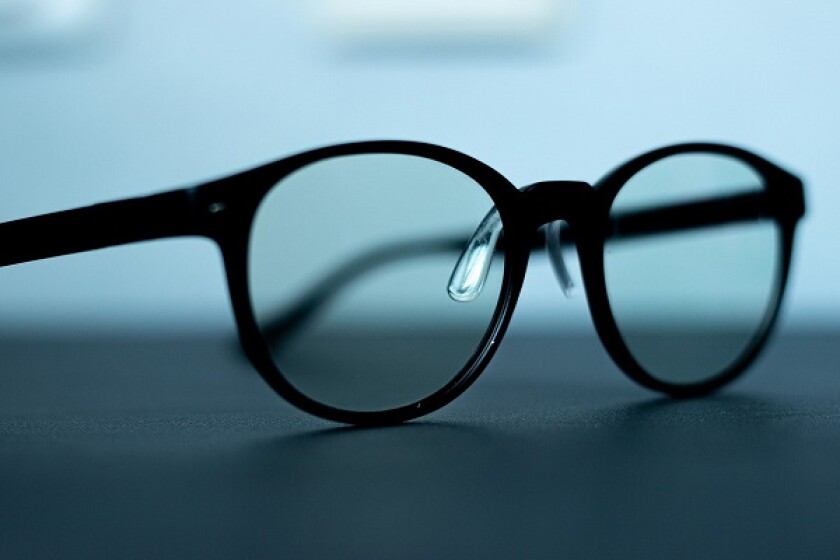Mexican patent law does not require experimental evidence covering every embodiment within the scope of a claim. However, it provides that that the description of the invention has to disclose the invention in a sufficiently clear and complete way to allow a person skilled in the art to make it, and the best method known to the applicant of carrying out the invention, as well as the information to support the industrial application of the invention.
Therefore, even though the claims should be considered as commensurate in scope with a reasonable generalisation of the disclosed examples, in practice, when an application does not include experimental evidence for all the embodiments, examiners sometimes raise sufficiency of disclosure, clarity, support and/or inventive step objections.
When the above-mentioned objections are raised, examiners commonly object that the disclosure in the specification is not sufficiently complete and/or it does not contain the best-known method to perform the invention. Examiners also state that the inventive step cannot be recognised due to the experimental evidence provided in the application that does not demonstrate the technical effect.
Even though Mexican law provides that the Mexican Institute of Industrial Property (IMPI) may require the submission of additional or complementary information or documentation, it does not include any specific provision about post-filing submission of experimental data. Under the local practice, post-filing experimental evidence is normally accepted as long as the said evidence is filed along with the response to the substantive office action wherein the said objections were raised, and when the alleged technical effect is expressly disclosed in or can be inferred or derivable from the originally filed application.
Finally, it is important to bear in mind that there is no precedent case law, such as jurisprudence, regulations or guidelines about this issue in Mexico, and thus the acceptance thereof would depend on the examiner overseeing examination of the application.
Rommy Morales
Biologist, OLIVARES












